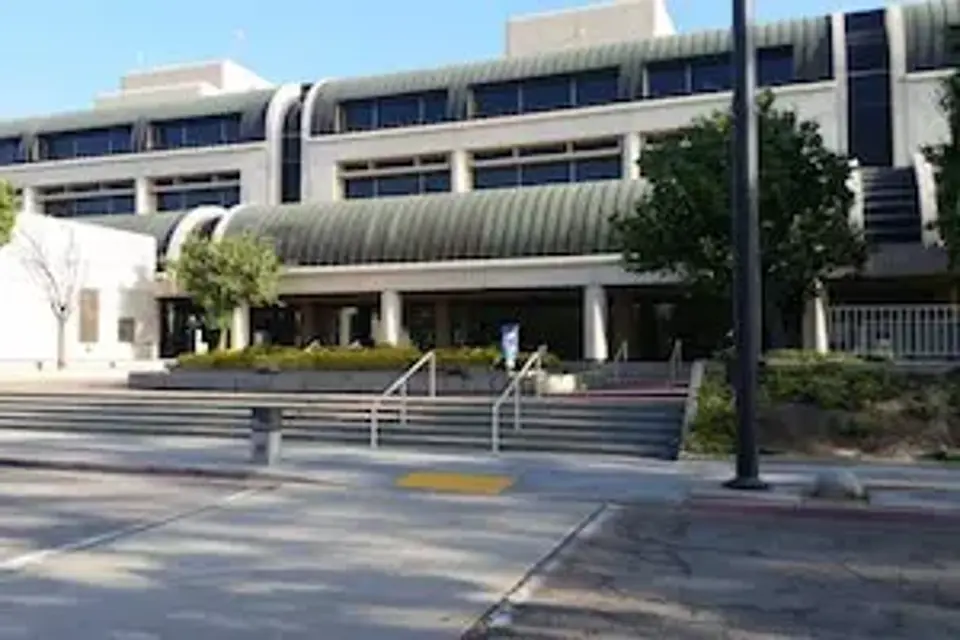On August 19, 2019, Governor Gavin Newsom approved AB-392.[1] AB-392 legislation amends Penal Code section 196 and Penal Code section 835a and makes monumental changes to the law relating to peace officers use of deadly force to effectuate an arrest.
Under existing law, a peace officer is authorized to use reasonable force to effect an arrest, to prevent escape, or to overcome resistance. As the law currently stands, a peace officer is not required to retreat or desist from an attempt to make an arrest because of resistance or threatened resistance of the person being arrested. Existing law deems a homicide committed by a peace officer justifiable when necessarily committed in arresting a person who has committed a felony and the person is fleeing or resisting such arrest.
AB-392 would make significant changes to existing law and “would redefine the circumstances under which a homicide by a peace officer is deemed justifiable to include when the officer reasonably believes, based on the totality of the circumstances, that deadly force is necessary to defend against an imminent threat of death or serious bodily injury to the officer or to another person, or to apprehend a fleeing person for a felony that threatened or resulted in death or serious bodily injury, if the officer reasonably believes that the person will cause death or serious bodily injury to another unless the person is immediately apprehended.” (AB-392).
Penal Code section 835a is amended to affirmatively prescribe the circumstances under which a peace officer is authorized to use deadly force to effect an arrest, to prevent escape, or to overcome resistance.
Thus, under this new law, a homicide committed by a peace officer in arresting a person who has committed a felony and is resisting or fleeing arrest must meet enumerated circumstances in order to be deemed justifiable, as opposed to existing law that authorized the use of deadly force when necessary in arresting a person that has committed a felony and is resisting or fleeing that arrest.
DISCLAIMER:
The information in this blog post (“post”) is provided for general informational purposes only, and may not reflect the current law in your jurisdiction. No information contained in this post should be construed as legal advice from Escovar Law, APC or the individual author, nor is it intended to be a substitute for legal counsel on any subject matter. No reader of this post should act or refrain from acting on the basis of any information included in, or accessible through, this Post without seeking the appropriate legal or other professional advice on the particular facts and circumstances at issue from a lawyer licensed in the recipient’s state, country or other appropriate licensing jurisdiction. The information on this website is a communication and is for informational purposes only. The facts of every case are unique and nothing on this page or on this website should be taken as legal advice for any individual case or situation. The information on this website is not intended to create an attorney-client relationship and viewing of this information does not create an attorney-client relationship. The result portrayed in this advertisement was dependent on the facts of this case. Results will differ if based on different facts.
[1] Visit the following link for the full text:
https://leginfo.legislature.ca.gov/faces/billTextClient.xhtml?bill_id=201920200AB392






